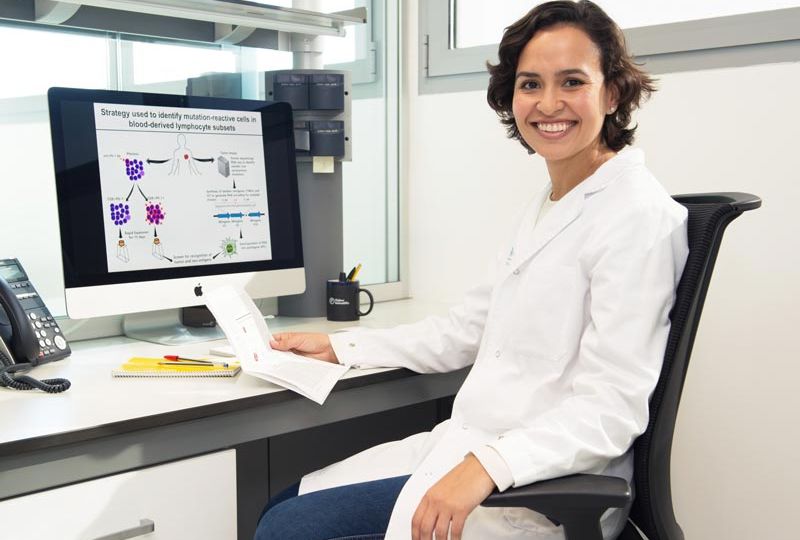
Further to the rapid emergence of immune-based therapies against cancer, we are seeing increasingly positive results and improved outcomes in certain patient populations across an increasing number of tumor types.
While these advancements must rightly be celebrated, much work still needs to be done to better predict those patients who would most likely benefit from them, extend their early promise to more patients.
One potential approach to potentiate and personalize this anti-cancer armory and successfully unleash the power of the immune system in a greater number of individuals is to target neoantigens.
Neoantigens arise from altered tumor proteins formed as a result of tumor mutations or from viral proteins, are foreign and display exquisite tumor specificity. Having shown to be decisive in the ‘fortune’ or the failure of various immune-oncology agents, few are actually immunogenic and thus empowered to mediate a response to immunotherapy.
Recently published open access in Frontiers in Immunology, researchers from VHIO’s Tumor Immunology & Immunotherapy Group, directed by Principal Investigator Alena Gros, have published a Review Article* that provides a rigorous assessment of current pipelines for neoantigen identification as well as existing strategies aimed at validating the respective immunogenicity of these promising candidates.
Over recent years, the identification of neoantigens in individual tumor genomes and the more precise prediction of which would most likely solicit an immune response, have undoubtedly been facilitated by genomic and bioinformatic technological advances. Despite these efforts, only a small fraction of all tumor somatic non-synonymous mutations (NSM) identified constitute bona fide neoantigens – those which are actually capable of triggering immune responses in patients.
Commenting for VHIO Communications, Alena Gros, corresponding author of this present review, said, “The systematic identification of personalized neoantigens in cancer patients –a potential ‘game changer’ in potentiating novel immune-based treatments- represents a major challenge that we must collectively seek to solve.”
She continued, “To do so, we must develop and finely-tune current techniques in order to more accurately and rapidly separate the wheat from the chaff. That is, identify those that can serve as therapeutic targets for personalized immunotherapies, as well as better predict which will provoke an immune response against cancer.”
The authors highlight the inherent difficulties that impact on neoantigen identification including tumor heterogeneity and holes in the T-cell repertoire, and then go on to provide in-depth review of several strategies including in silico peptide prediction, immunopeptidomics, and current screening assays — balancing the pros and cons of each, set firmly within the context of precision medicine.
“By discussing the respective strengths and limitations of several methods, indicators and approaches, we hope to facilitate decision making when implementing a strategy that best matches the particularities and set up of a given laboratory,” added Andrea Garcia-Garijo, first author and Graduate Student of Alena Gros’ Group.
She concluded, “We need to be collectively and suitably equipped to better identify the neoantigens that can reliably be called upon to help deliver on the true promise of personalized immunotherapies for an increasing number of our patients.”
To discover so much more, we invite you to access this elegant Review by clicking here.
For more information about VHIO’s Tumor Immunology & Immunotherapy Group as well as our BBVA Foundation-VHIO Comprehensive Program of Cancer Immunotherapy & Immunology (CAIMI), please contact Amanda Wren, Director of Communications, Vall d’Hebron Institute of Oncology (VHIO) via email: awren@vhio.net.
Reference:
*Determinants for Neoantigen Identification. Andrea Garcia-Garijo, Carlos Alberto Fajardo and Alena Gros. Front. Immunol. 24 June 2019. https://doi.org/10.3389/fimmu.2019.01392
###








